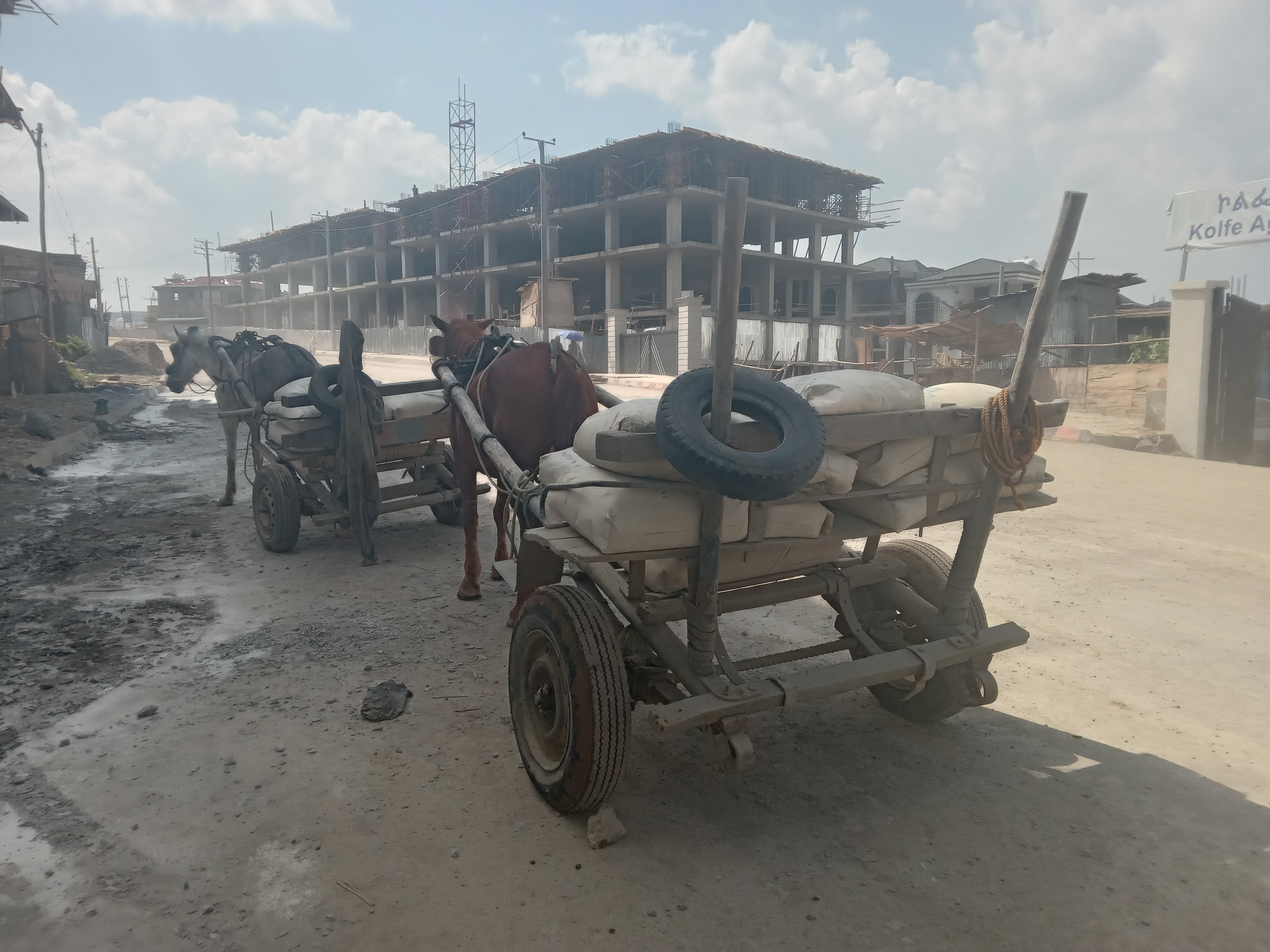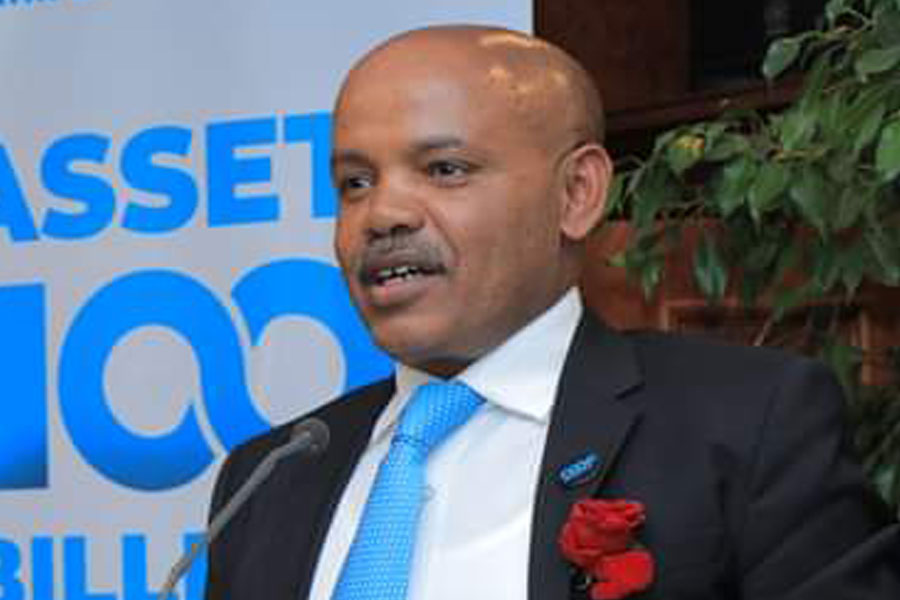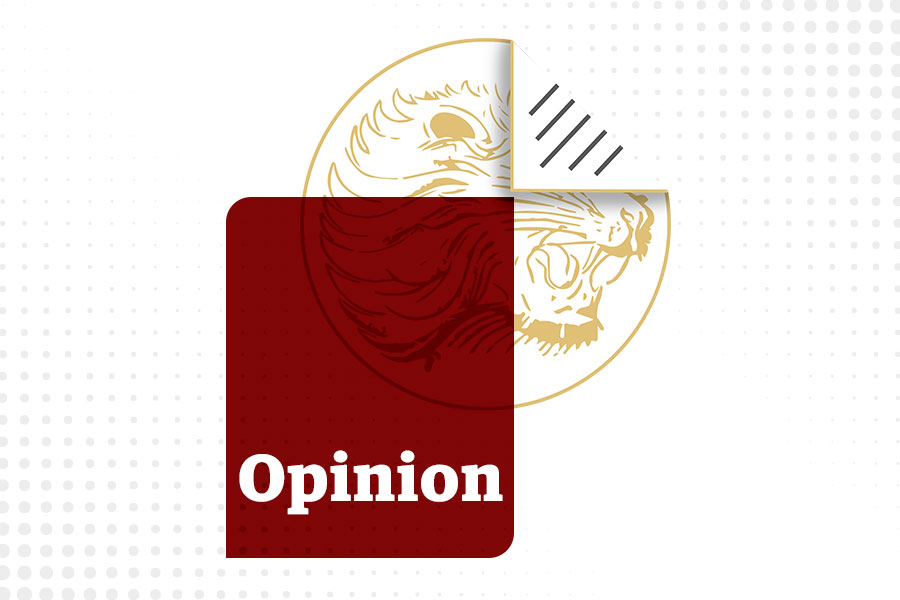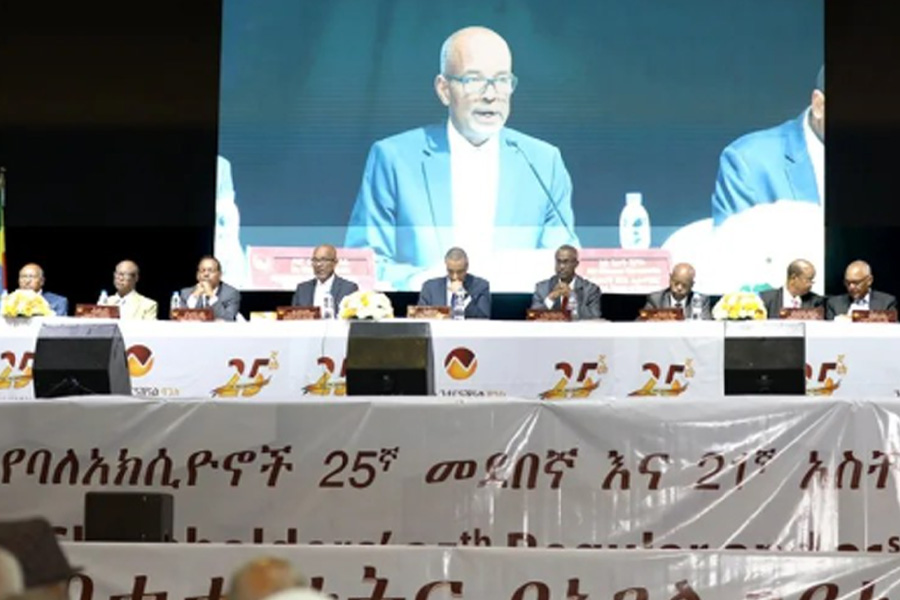
Radar | May 04,2024
Apr 10 , 2023
By Hruy Tsegaye Berehe
For millennia, social inequality has stubbornly persisted as one of humanity's most pressing issues. This pervasive problem underlies many of society's critical challenges, including war, crime, disease, racism, and irrationality. The crux of the matter is not its ideological complexity but its impracticability.
Regardless of the form of government, economic theory, or human error, inequality has remained a constant, as the rich require little to succeed. In contrast, the impoverished require a monumental effort to survive. This unequal playing field extends beyond economics and business, impacting education, environment, governance, agriculture, behaviour, sports, and enlightenment.
The technology boom has only served to exacerbate the issue, concentrating wealth into the hands of a few. Take, for example, the acquisitions of WhatsApp, Instagram, Mojang, Oculus VR, and Nest Labs by major tech players. These deals amassed billions of dollars for founders and a select group of employees but did little to distribute wealth to a broader population.
The rise of technology giants has corresponded with a decline in large-scale employment. Technological unemployment is an emerging concern, particularly in regions like Africa, where most jobs are low-level and susceptible to automation. This trend threatens to widen the gap between the haves and have-nots. It is crucial to find innovative solutions to alleviate this growing disparity.
One such solution lies in decentralized technologies, which can level the playing field on a global scale. When communities own and govern the platforms, no centralised entity can manipulate the rules to favour a select few. For instance, decentralised technology companies like SingularityNET are taking a progressive approach to technology while working to reduce wealth distribution inequalities.
In Africa, where many small companies struggle to compete in the global market due to a lack of technology and skilled human resources, decentralized technology has the potential to make a significant impact. By making advanced AI tools and software more accessible and affordable, small businesses in the region can enhance their competitiveness, ultimately reducing their reliance on imported goods and services.
An estimated 68pc of goods and services sold in Africa are imported, which can be attributed to the continent's inability to establish competitive industries. Decentralized companies, however, offer a glimpse of hope for the future. For example, a small software company in the Central African Republic can now access top-tier AI tools at a fraction of the cost. Research centres, universities, and defence sectors in sub-Saharan Africa, which once spent billions of dollars on services now provided by decentralized companies, stand to benefit from the democratization of technology.
As decentralized platforms integrate various AI tools and software from developers worldwide, they can become a vital resource for small African businesses seeking access to advanced technological solutions. This shift can weaken the biased arena, empowering African industries to flourish and compete globally.
Nonetheless, it is essential to recognize that addressing social inequality is a multifaceted endeavour that requires coordinated efforts across education, governance, economic systems, and technological advancements. Decentralized technology is just one piece of the puzzle but represents a step in the right direction.
By embracing and promoting decentralized technologies, we can work towards a future where opportunities for prosperity are more equitably distributed and the biased arena is weakened. The path forward requires concerted efforts from all stakeholders, including governments, businesses, and individuals, to ensure that the benefits of technological advancements are shared by all rather than concentrated in the hands of the few.
This article is provided by Meklit Wisdom Centre.
PUBLISHED ON
Apr 10,2023 [ VOL
24 , NO
1197]


Radar | May 04,2024

Radar | Aug 07,2021

Verbatim | Jun 21,2025

Radar | Jul 03,2022

Fortune News | Aug 12,2023

Commentaries | Aug 25,2024

Fortune News | Apr 03,2023

My Opinion | Apr 22,2023

In-Picture | Sep 02,2024

Radar | Dec 01,2024

Photo Gallery | 180290 Views | May 06,2019

Photo Gallery | 170487 Views | Apr 26,2019

Photo Gallery | 161517 Views | Oct 06,2021

My Opinion | 137269 Views | Aug 14,2021

Dec 22 , 2024 . By TIZITA SHEWAFERAW
Charged with transforming colossal state-owned enterprises into modern and competitiv...

Aug 18 , 2024 . By AKSAH ITALO
Although predictable Yonas Zerihun's job in the ride-hailing service is not immune to...

Jul 28 , 2024 . By TIZITA SHEWAFERAW
Unhabitual, perhaps too many, Samuel Gebreyohannes, 38, used to occasionally enjoy a couple of beers at breakfast. However, he recently swit...

Jul 13 , 2024 . By AKSAH ITALO
Investors who rely on tractors, trucks, and field vehicles for commuting, transporting commodities, and f...

Nov 1 , 2025
The National Bank of Ethiopia (NBE) issued a statement two weeks ago that appeared to...

Oct 25 , 2025
The regulatory machinery is on overdrive. In only two years, no fewer than 35 new pro...

Oct 18 , 2025
The political establishment, notably the ruling party and its top brass, has become p...

Oct 11 , 2025
Ladislas Farago, a roving Associated Press (AP) correspondent, arrived in Ethiopia in...

Nov 2 , 2025
The National Bank of Ethiopia (NBE) has scrapped the credit-growth ceiling that had s...

Nov 2 , 2025 . By SURAFEL MULUGETA
The burgeoning data mining industry is struggling with mounting concerns following th...

Nov 2 , 2025 . By YITBAREK GETACHEW
Berhan Bank has chosen a different route in its pursuit of a new headquarters, opting for a transitional building instea...

Nov 2 , 2025 . By BEZAWIT HULUAGER
Nib International Bank S.C. has found itself at the epicentre of a severe governance...